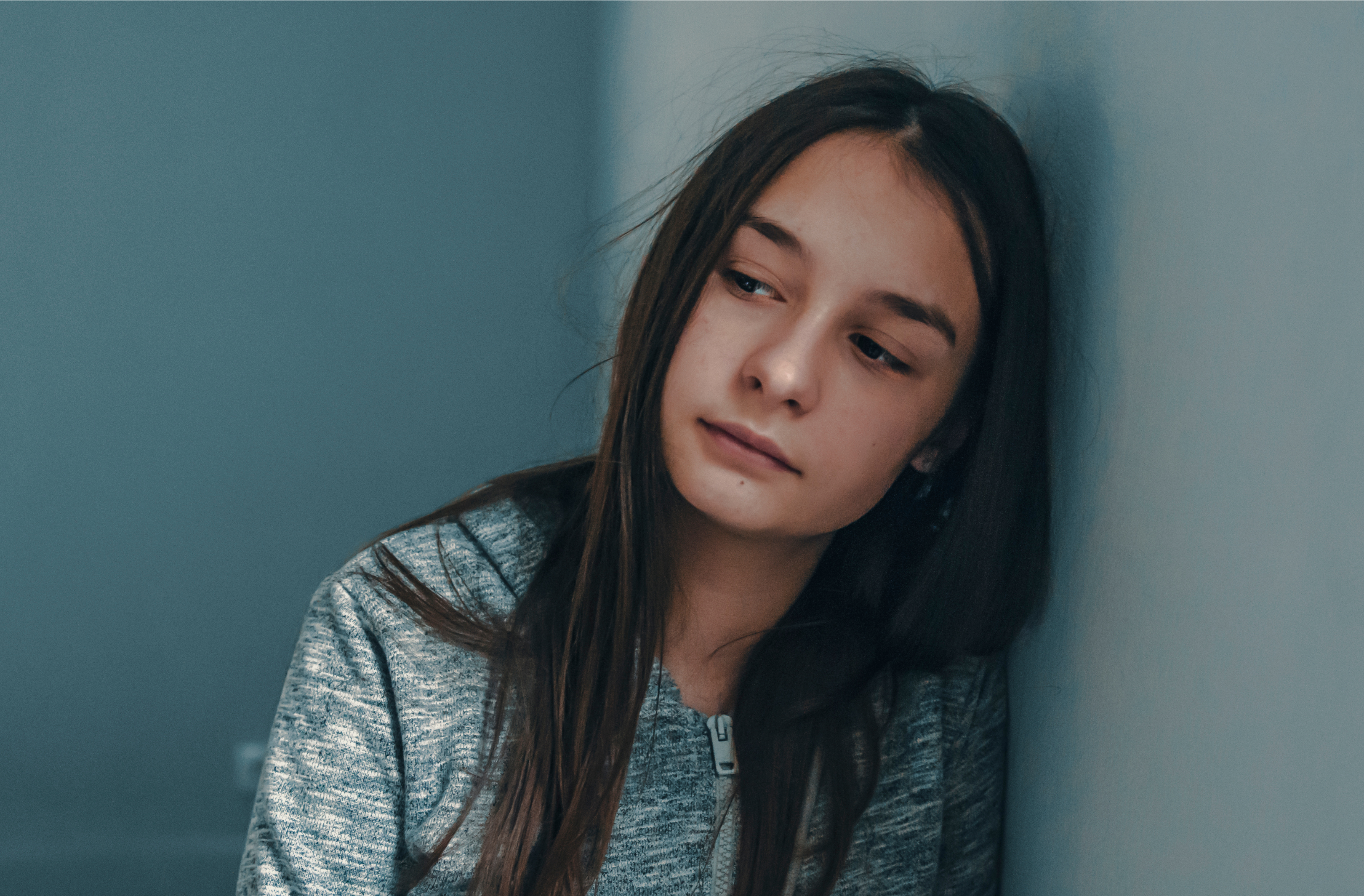Government must raise the age of criminal responsibility

PRESS RELEASE
12 August 2022
NZ Government must raise the age of criminal responsibility
Amnesty International Aotearoa New Zealand is calling on the New Zealand Government to raise the minimum age of criminal responsibility from 10 to at least 14 years old. This is one of the many changes needed to improve Aotearoa New Zealand’s youth justice system.
The minimum age of criminal responsibility is the age at which tamariki/children can be prosecuted for criminal offending. In Aotearoa New Zealand, this age is currently set at 10 years old (for the most serious offences).
Lisa Woods, Campaigns Director for Amnesty International Aotearoa New Zealand, said, "When a child does something seriously wrong, it is often because they have been seriously let down by society. What we then risk is using the criminal justice system to respond to issues caused by, for example, trauma and a lack of health and mental health support. This means that instead of solving problems caused by a lack of resources and services, our current laws are funnelling children into a system that can trap them for the rest of their lives. This does irrevocable damage to the child, their whānau, and to the rest of society."
"We want to live in a world where all children are safe and supported. There are many changes we want to see to the criminal justice system, but one thing the government could do immediately is to raise the age of criminal responsibility to 12 years, and then to at least 14 years once needed changes are made to ensure that the system caring for these children is effective and appropriate," said Woods.
Background
Aotearoa New Zealand has a complex graduated system for responsibility and liability in the criminal justice system.
Most child offending is minor and is dealt with informally, including using warnings or police diversion. Children may also be referred to the care and protection system if their behaviour raises care and protection concerns. Such referrals could result in formal orders from the Family Court.
There are, however, a few situations where a child will be channelled into the criminal justice system.
Under the current legislation, children aged 10 and 11 can be charged with murder or manslaughter. In these cases, the children are prosecuted through the High Court.
Since 2010, children aged 12 and 13 can also be sentenced for serious or persistent offending.
Take a two-step strategy
The number of children committing serious offences in Aotearoa New Zealand is extremely small, and there have been no reported cases of children aged 10 or 11 committing murder or manslaughter since at least the late 1970s. This means that in practice all offending by this age group is being addressed outside of the criminal justice system already, so a raise of the age of criminal responsibility to 12 years old can happen immediately.
"We know that there are significant problems across the care and protection system, and that bold changes are needed, including to how we support and respond to children and young people who commit harm," said Woods.
"Acknowledging this, raising the minimum age of criminal responsibility to at least 14 years old may need to take longer, but the government could and should raise the age from 10 to 12 immediately for the reasons described above. This would remove the risk of children as young as 10 years old being channelled into the criminal justice system and would galvanise the government to start work on some much needed, larger-scale changes."
"The age of criminal responsibility should then be raised from 12 to at least 14 once necessary changes have been made to ensure that the system caring for these children is effective and appropriate," said Woods.
Transformational change is needed
"The call to raise the age of criminal responsibility is part of a suite of changes urgently needed to reduce harm currently occurring in the criminal justice system. However, it’s important to keep the big picture in mind - ultimately transformational change is needed across many of these big systems," said Woods.
"There are pathways forward, such as those set out by the This report builds on extensive work done by other researchers and advocates before them, including the influential paper ‘He Whaipaanga Hou’ by Moana Jackson."
In April 2021, the Waitangi Tribunal released the report ‘He Pāharakeke, he Rito Whakakīkinga Whāruarua’ in response to the significant disparity between the number of Māori and non-Māori children being taken into State care by Oranga Tamariki. It reported the Tribunal’s primary recommendation that "the Crown steps back from further intrusion into what was reserved to Māori under te Tiriti/the Treaty, and allow Māori to reclaim their space."
Get in line with human rights recommendations
The current minimum age of criminal responsibility was set over 50 years ago in 1961. In 1993, Aotearoa New Zealand ratified the UN Convention on the Rights of the Child, which lays out clear recommendations for the country’s youth justice system, among other things. In 2019, the UN encouraged all States to increase their minimum age of criminal responsibility to at least 14 years old.
"Aotearoa New Zealand is now noticeably out of step with our international peers and with human rights recommendations," said Woods.
Amnesty International Aotearoa New Zealand has launched a petition urging Justice Minister Kiritapu Allan to raise the age of criminal responsibility to at least 14 years old.
"We will continue to advocate for fundamental changes to the criminal justice system in Aotearoa New Zealand. Raising the age of criminal responsibility is just one of many steps that the government must take to create a fairer justice system for all," said Woods.
